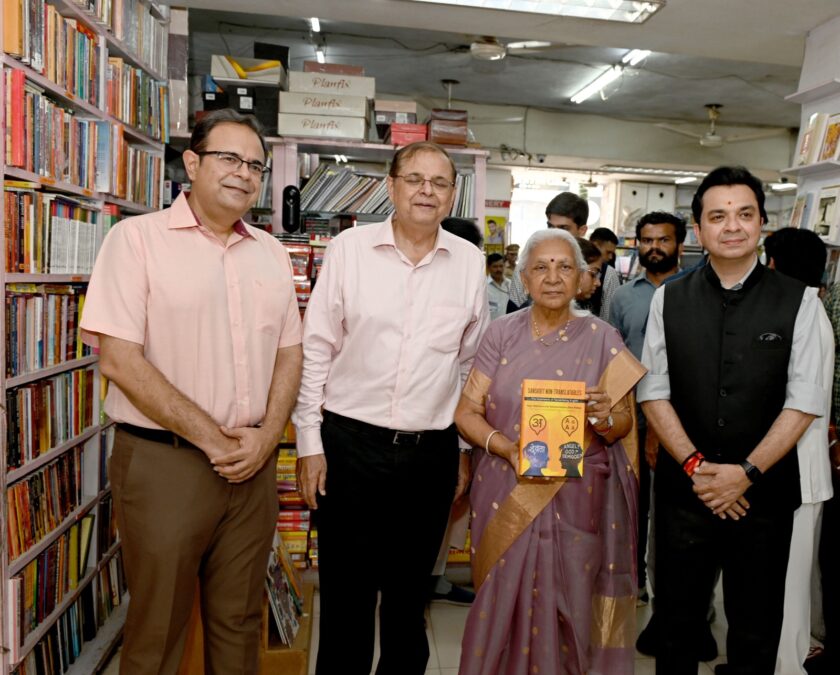Vishakhapatnam: The Central Marine Fisheries Research Institute (CMFRI) in Andhra Pradesh is set to launch a pioneering project aimed at restoring marine biodiversity and improving the livelihoods of local fishermen. The initiative will involve the installation of artificial reefs along the state’s coastline, marking a first-of-its-kind endeavor for the region.
The artificial reefs, designed in the shapes of triangles, flowers, and large pipes, are expected to draw marine life, particularly fish species that prefer deeper waters, closer to the coast. These innovative structures are part of a broader strategy to address the diminishing marine biodiversity caused by pollution and the oil-related activities along the shoreline.
The loss of marine life has severely impacted local fishing communities, with many fishermen being forced to migrate for work due to dwindling fish stocks. The project, therefore, is a response to the urgent need to restore marine ecosystems and revitalize the coastal economy.
In partnership with the Kerala State Coastal Area Development Corporation (KSCADC), the Andhra Pradesh government is adopting Kerala’s successful artificial reef strategy. This collaboration was formalized on December 24, when Dr. Joe Kizhakudan, Principal Scientist at CMFRI; PI Sheik Pareeth, Managing Director of KSCADC; and T Dola Shankar, Director of the Andhra Pradesh Fisheries Department, signed a Memorandum of Understanding (MoU).
Dr. Joe Kizhakudan has been instrumental in implementing similar projects in Tamil Nadu, Kerala, Karnataka, and Maharashtra, which have shown positive outcomes. Under this new initiative, Andhra Pradesh aims to deploy 500 reef units across 184 sites along its coastline, with the first phase scheduled to begin in January 2025.
The project will be executed under the Pradhan Mantri Matsya Sampada Yojana (PMMSY), with the Central Government funding 60% of the total cost and the state government contributing the remaining 40%. The cost for each unit, which consists of 500 reef blocks, is estimated to be around ₹35 lakh.

In the first phase, 210 artificial reef modules made of reinforced cement concrete (RCC) will be placed at 24 locations in the districts of Srikakulam, Vizianagaram, Visakhapatnam, and Anakapalle. Further phases will extend the project to other districts.
Artificial reefs, designed to mimic natural ecosystems, provide refuge and breeding grounds for marine life. The concrete structures, featuring holes and fissures, offer shelter to fish, algae, and larvae, ensuring long-term habitation. Fish species such as kingfish, tuna, red snapper, crabs, prawns, squids, and octopuses are expected to thrive within 2.5 km of the coast, potentially reducing fishing costs by up to 80%.
Dr. Kizhakudan emphasized the importance of this initiative, stating, “We have developed a thorough plan to ensure sustainable fish wealth and improve the living standards of coastal fishermen.” Construction of the artificial reefs is set to begin in January, with awareness campaigns for fishermen already underway.
This groundbreaking project is expected to have a significant impact on the over eight lakh people across Andhra Pradesh’s 533 fishing villages, offering them new fishing grounds and helping restore marine ecosystems.





